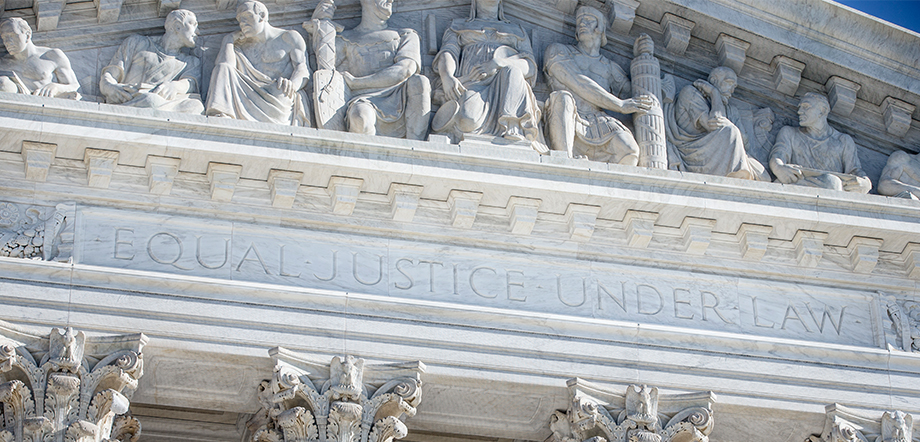Client Alerts
Masterpiece Cakeshop: Supreme Court Finds Free Exercise Clause Error in Biased Hearing, but Vindicates Public Accommodation Protections for LGBT Community
June 2018

Client Alerts
Masterpiece Cakeshop: Supreme Court Finds Free Exercise Clause Error in Biased Hearing, but Vindicates Public Accommodation Protections for LGBT Community
June 2018
On June 4, in Masterpiece Cakeshop, Ltd. v. Colorado Civil Rights Commission, the Supreme Court sustained a baker’s constitutional challenge to Colorado’s determination that he discriminated against LGBT customers by refusing to sell them a wedding cake. But, by ruling on narrow Free Exercise Clause grounds and not the broader free speech theory offered by the baker, the Court avoided issuing a ruling that advocates for LGBT rights have described as a “license to discriminate.”
At the same time, the Court reaffirmed the importance of public accommodations laws; reiterated the limits of Free Exercise claims when they conflict with neutral, generally applicable laws; and recognized that states serve important interests in guaranteeing LGBT citizens equal access to goods and services in the marketplace.
The Court did not rule on the symbolic expression and compelled speech issues, where the baker argued that he had a protected free speech right to make wedding cakes for some—but not other—customers. But it found unconstitutional hostility to the baker’s religious views in the Colorado Civil Rights Commission’s administrative hearing on the turned-away customers’ discrimination complaint. Specifically, the Court took issue with a commissioner’s comment indicating that the baker’s religious views were “despicable rhetoric” intended to hurt people, as well as the Commission’s favorable treatment of other bakeries that rejected anti-LGBT cake messages, which suggested that the Commission and the State were applying an impermissible “offensiveness” rule to distinguish between preferred and disfavored viewpoints.
Though the Court concluded that the bakery was entitled to a fair hearing, it did not strike down Colorado’s antidiscrimination public accommodations law or conclude that the baker had a constitutional right to refuse to sell goods and services to LGBT customers. In fact, the Court recognized that “Our society has come to the recognition that gay persons and gay couples cannot be treated as social outcasts or as inferior in dignity and worth,” and that, “[f]or that reason the laws and the Constitution can, and in some instances must, protect them in the exercise of their civil rights.” Further, the Court reaffirmed the general rule of Newman v. Piggie Park Enterprises, 390 U.S. 400 (1968) that religious and conscientious objections “do not allow business owners and other actors in the economy and in society to deny protected persons equal access to goods and services under a neutral and generally applicable public accommodations law.”
Anticipating that future cases may further explore the free speech and free exercise aspects of shopkeepers’ abilities to turn away customers, the Court instructed lower courts and administrative agencies to address those cases “with tolerance, without undue disrespect to sincere religious beliefs, and without subjecting gay persons to indignities when they seek goods and services in an open market.”
ADDITIONAL INFORMATION
For more information, please contact:
This Client Alert has been prepared by Tucker Ellis LLP for the use of our clients. Although prepared by professionals, it should not be used as a substitute for legal counseling in specific situations. Readers should not act upon the information contained herein without professional guidance.
